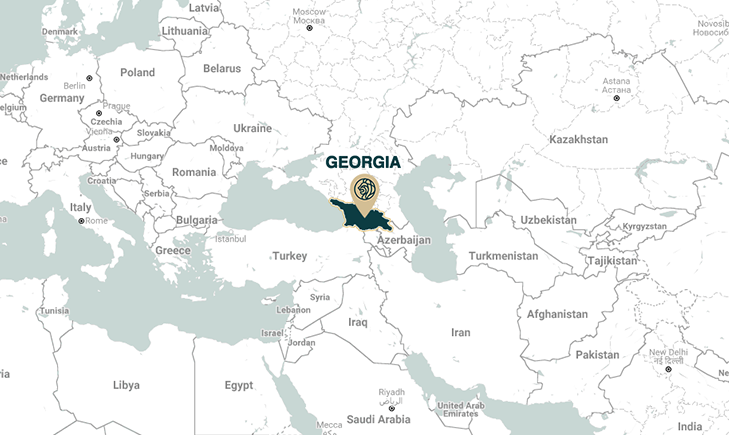

Leading economy in the region on the back of wide sector activities
Investment-led GDP growth
Economic resilience has been underscored by a double-digit real GDP rebound of 10.6% in 2021, as the economy also overtook its 2019 level by 3.2%. Real GDP growth reached 10.2% in 9M22, maintaining pace.
Historically low inflation with 3% target set from 2018 by National Bank of Georgia
Top performer globally in WB Doing Business over the past 12 years
A natural transport and logistics hub, connecting land-locked energy rich countries in the east and European markets in the west
An influx of foreign investors on the back of the economic reforms have boosted productivity and accelerated growth
Georgia and the EU signed an Association Agreement and DCFTA in June 2014
Developed, stable and competitively priced energy sector